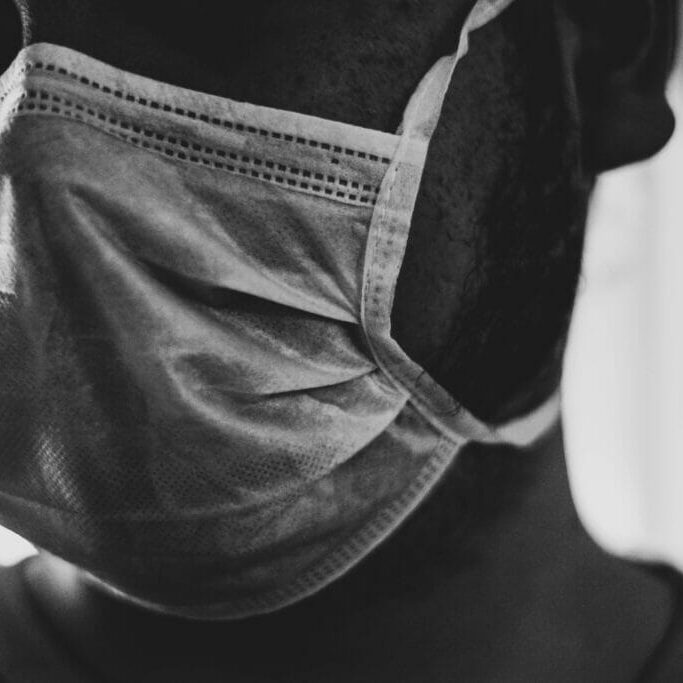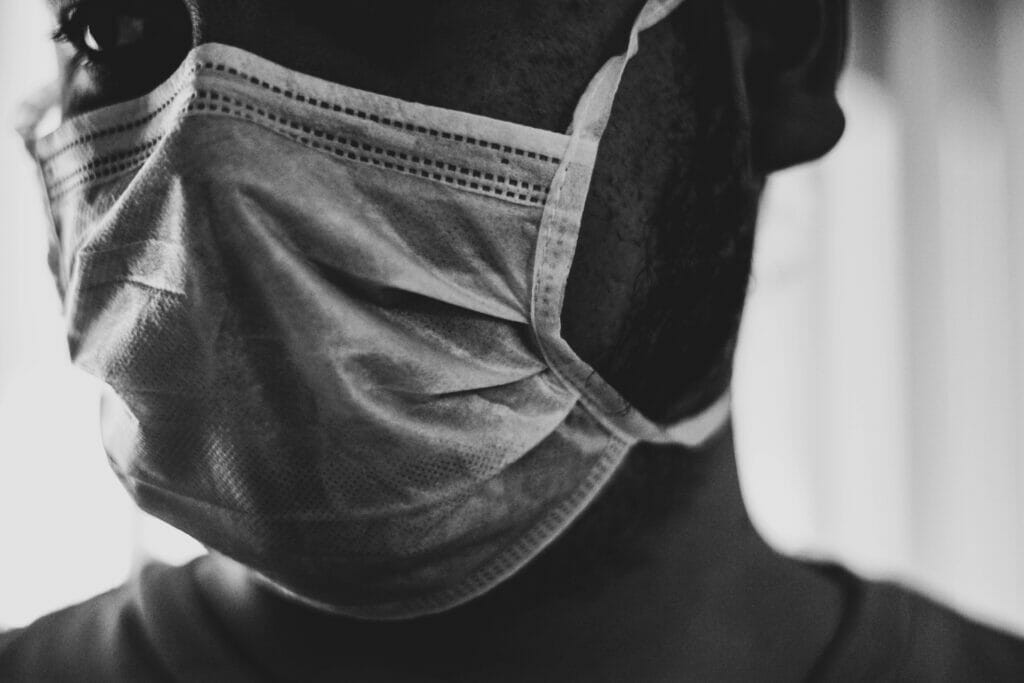
COVID-19 still present at Dal
University updates health policies, but some students aren’t convinced it’s enough
Dalhousie University adjusted its COVID-19 policy on Aug. 11, requiring masking in indoor classrooms during scheduled teaching times.
The new rule comes into effect on Sept. 1. The memorandum from provost Frank Harvey with the updated policy came just under a month before the fall semester starts.
“There were a lot of times where Dal waited until the last second to implement things or change,” said Truelee Love, a fifth-year political science and gender studies student.
Masking returns to campus
Other Nova Scotia universities are also requiring masks come fall. Saint Mary’s University will require masking in all shared indoor spaces. St. Francis Xavier University said on July 4 all indoor instructional spaces would require masking.
Masks are encouraged but no longer required in all other indoor spaces such as libraries, hallways and learning commons at Dalhousie.
“It’s interesting to have halfway rules,” said Love. “I know there were a lot of problems last year when we were still trying to enforce spacing. They’d be like ‘Oh yeah, students are always apart’ until they all had to wait in the hallway outside of the classroom and they physically couldn’t be far enough apart.”
As has been the case throughout the pandemic, Dal continues to monitor Nova Scotia Public Health’s advice when determining COVID-19 management strategies.
“The switch to the conservative government and them just putting people in the meat grinder and saying, ‘whatever, get back out there,’ is not totally unexpected,” said Nigel Burns, a fifth-year classics student.
Dal employees who cannot work from home, including student employees, will be provided with four paid sick days. According to the Government of Canada’s website, people infected by COVID-19 can continue to spread the virus eight days after infection.
Dal has dropped last year’s vaccine mandate despite bringing back masking. The Campus Check database used to monitor vaccination rates is no longer active.
“They put it in place and most people followed it, which was beneficial, but there wasn’t really any plan to follow up on that. So I’m not surprised,” Love said.
This decision was made with input from Dalhousie’s COVID-19 Science Advisory Council. Jerry Aguinaga, the co-chair of the council and executive director of Dal’s Environmental Health and Safety Council, did not respond to the Gazette’s request for an interview.
Dal’s new policies

In Harvey’s memorandum, he said members of the campus community “are expected to stay home when sick. Dalhousie has procedures in place to support students, faculty and staff in doing so.”
The only supporting procedure outlined in the memorandum is the continued use of the declaration of absence form.
The same update on procedures and protocols said the university will be prioritizing in-person learning. It’s unclear if online learning options will be available and promoted as in past semesters.
“If that [online learning] infrastructure isn’t there, then they are incentivizing people to come to school sick,” said Burns.
In the 2021-2022 school year, most courses had recordings of lectures available. This allowed students who had tested positive for COVID-19 or had symptoms to isolate without falling behind.
“The fact that it was encouraged that profs offer some sort of online option for folks who didn’t feel comfortable going back [was helpful],” Love said.
Dalhousie hasn’t indicated if this tool will still be available to students under the new COVID-19 management strategy.
“I don’t trust every individual Dal student to do the right thing, especially around high-stress times when people are more likely to get sick and when it’s going to be a bit more difficult to try to explain things like illnesses and absences from an exam,” Burns said. “If people don’t have an easy means of egress from their program, then I think Dal’s incentivizing people in a roundabout way to not test regularly.”
The Dal Residence Office declined the Gazette’s request for an interview. Janet Bryson, an associate director of media relations and issues management at Dal, responded “Mask wearing will remain voluntary in residences” by email.
The memorandum from Aug. 11 said students will be provided with testing kits and can expect to receive more information in the weeks leading up to moving in.






